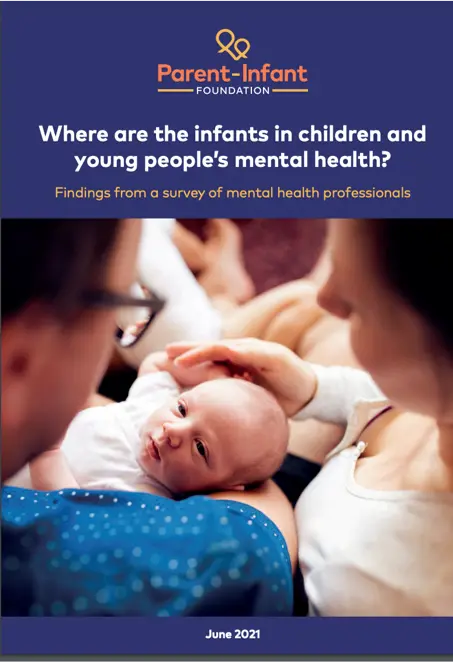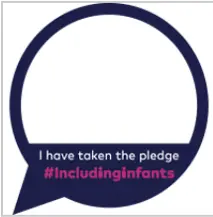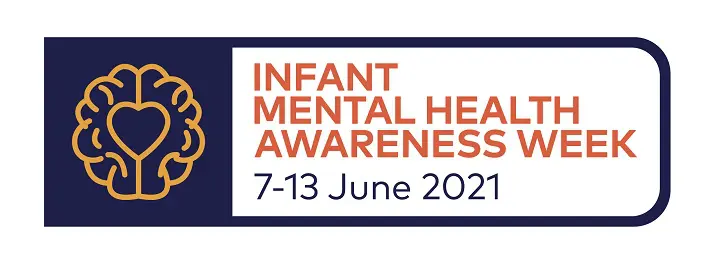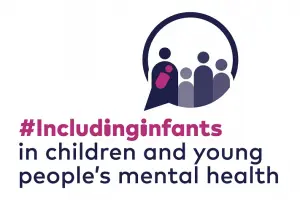New research, published last Saturday by the Parent-Infant Foundation, shows significant gaps in mental health provision for babies and toddlers.
The findings, from a survey of nearly 300 NHS children and young people’s mental health professionals, also show significant gaps in knowledge, experience and confidence across the workforce.
Key findings include:
- Only 36% of respondents reported that, within children and young people’s mental health services in their area, there are mental health services that can work effectively with babies and toddlers aged 0-2.
- Only 52% of respondents said their local NHS children and young people’s mental health service took referrals for children aged two and under. Many of these respondents told us that, while this was the referral criteria on paper, in reality, the service was not working with young children.
- Only 9% of respondents felt there was “sufficient provision available for babies and toddlers whose mental health was at risk” in their area.
- During their pre-qualification training, 26% of respondents had not been trained to work with 0–2-year-olds. 48% had not had experience of working with this age group during their training.
To ensure that ALL children across the UK can access appropriate mental health provision, if and when they need it, there is a collective call for:
- Policy and investment from national governments to increase the provision of infant mental health services.
- A drive within the NHS to hold commissioners and providers to account for offering a truly 0-25 mental health service.
- A workforce development strategy to ensure there are trained professionals with the specialised skills required to deliver these critical services.
Take the #IncludingInfants Pledge
As part of #IMHAW21, there is a call for everyone to adopt the language of “infant, children and young people’s mental health”.
Children and young people’s mental health should describe the mental health of all children from 0-18 and beyond, but often the needs of babies and toddlers under two get forgotten.
Changing our language to talk about “infant, children and young people’s mental health” is a simple but powerful way to drive change.
We believe that small changes in language could catalyse wider changes in attitudes, understanding and eventually in policy and service provision.
Through making this pledge, you are committing to talk about “infant, children and and young people’s mental health” wherever appropriate and to include infants in more of your discussions, thinking and action to improve children’s mental health.
To find out more and take the pledge go to: www.parentinfantfoundation.org.uk/includinginfantspledge
If you take the pledge you will receive some exclusive social media assets which you can share in your work space or via your social media to show your commitment.






